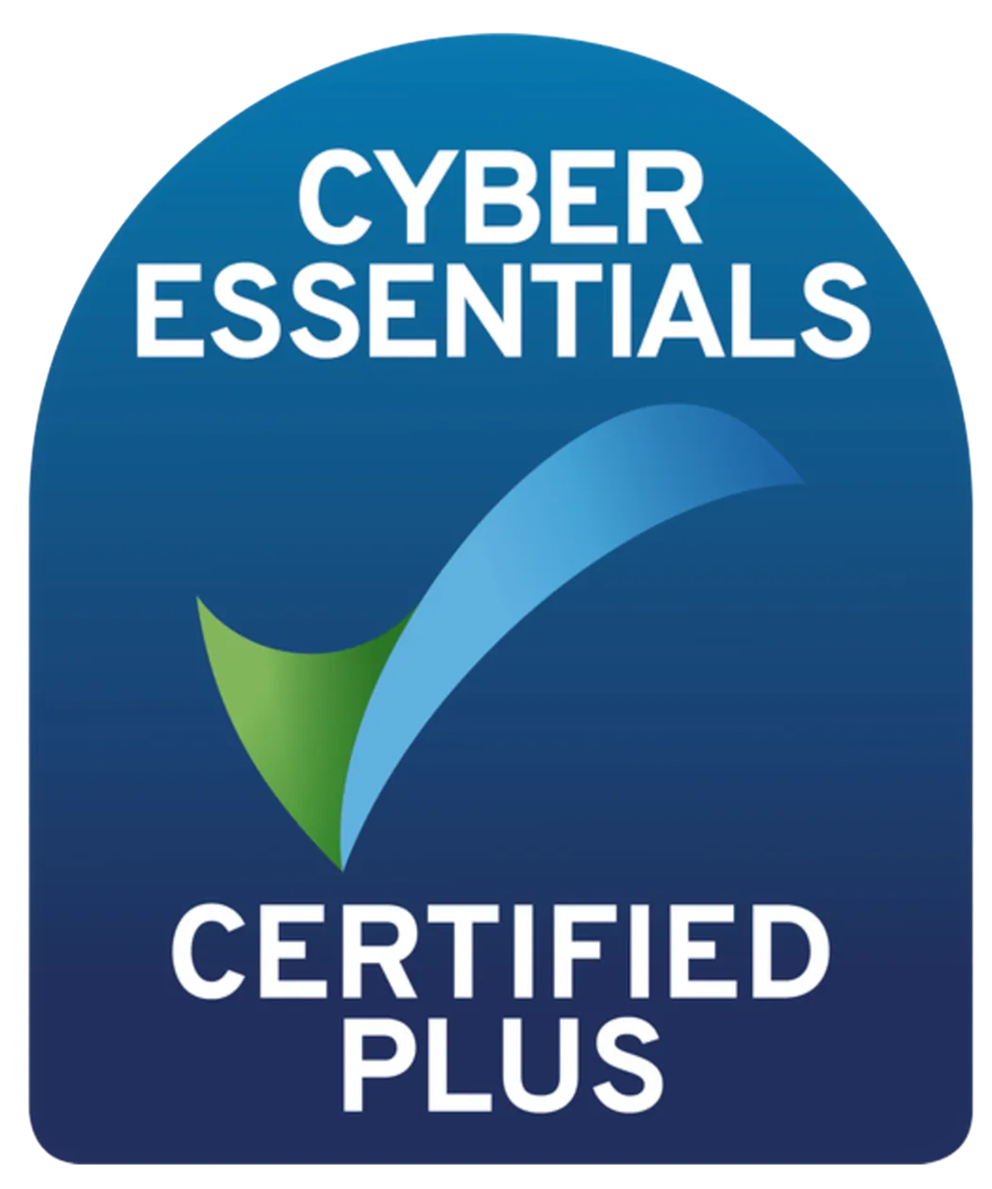Please click on the sections below to learn more about SEND at Holy Family.
Our SENCO is Mrs Gwyneth Walker.
She can be contacted through the school office.
Special educational provision is educational or training provision that is additional to or different from that made generally for others of the same age. This means provision that goes beyond the differentiated approaches and learning arrangements normally provided as part of high quality, personalised teaching in the classroom.
Areas of Special Educational Need
Special educational needs and provision can be considered as falling under four broad areas:
1. Communication and interaction
2. Cognition and learning
3. Social, mental and emotional health
4. Sensory and/or physical
Many children and young people have difficulties that fit clearly into one of these areas; some have needs that span two or more areas; for others the precise nature of their need may not be clear at the outset and as a school we strive to work with our families to identify any specific needs.
Behavioural difficulties do not necessarily mean that a child or young person has a SEND and will not automatically lead to a pupil being registered as having SEND. However, consistent disruptive or withdrawn behaviours can be an indication of unmet SEN, and where there are concerns about behaviour, there will be an assessment to determine whether there are any causal factors such as undiagnosed learning difficulties, difficulties with communication or mental health issues.
Communication and interaction
Children and young people with speech, language and communication needs (SLCN) have difficulty in communicating with others. This may be because they have difficulty saying what they want to, understanding what is being said to them or they do not understand or use social rules of communication. Children and young people with ASD, including Asperger’s Syndrome and Autism, are likely to have particular difficulties with social interaction. They may also experience difficulties with language, communication and imagination, which can impact on how they relate to others.
Cognition and learning
Support for learning difficulties may be required when children and young people learn at a slower pace than their peers, even with appropriate differentiation. Learning difficulties cover a wide range of needs, including moderate learning difficulties (MLD), severe learning difficulties (SLD), where children are likely to need support in all areas of the curriculum and associated difficulties with mobility and communication, through to profound and multiple learning difficulties (PMLD).
Specific learning difficulties (SpLD), affect one or more specific aspects of learning. This encompasses a range of conditions such as dyslexia, dyscalculia and dyspraxia.
Social, emotional and mental health difficulties
Children and young people may experience a wide range of social and emotional difficulties which manifest themselves in many ways. These may include becoming withdrawn or isolated, as well as displaying challenging, disruptive or disturbing behaviour. These behaviours may reflect underlying mental health difficulties such as anxiety or depression, self-harming, substance misuse, eating disorders or physical symptoms that are medically unexplained. Other children and young people may have disorders such as attention deficit disorder, attention deficit hyperactive disorder or attachment disorder.
Please click here to view the SEND Code of Practice.
Please click here to view our SEND policy.
What is the Local Offer?
The government have listened to what parents say their experience of services is like and have put in place a number of things to bring about improvements. One of these is the ‘Local Offer’.
Local authorities and other services will set out a local offer of all services available to support children who are disabled or who have SEN and their families. This easy-to-understand information for parents will set out what is normally available in schools to help children with lower-level SEN, as well as the options available to support families who need additional help to care for their child
The council for disabled children have provided information and advice on the Local Offer. This helps identify what should be included in the ‘Local Offer’ – and helps parents recognise if their local offer includes everything it should.
Local Offer – Telling you what is ‘additional and different’
- We will set out what services are available
- How to access services.
- How services will work together.
- How we will make sure that parents/carers have more choice and control over what services they receive.
- Training for the new way of working that is available for everyone – we will train everyone together where the training is useful for everyone (professionals and parents).
What services will this include?
- Suitable childcare
- Leisure activities
- Short breaks
- Rochdale SENDIASS (parent support)
- Dispute resolution services
- All schools – mainstream and special
- The local authority’s role and responsibility
- Health services – universal and specialist
What will be included in the Education Local Offer?
- A summary of the core provision expected of all schools/academies. There will be more detail in every schools own published SEN policy.
- It will cover all aspects of school life – classroom, school day, after school activities and learning off site.
For further LA guidance contact
SEN Assessment Team,
Number One Riverside
Smith Street
Rochdale OL16 1XU
Tel: 01706 925981
Email: SEN@rochdale.gov.uk
SENDIASS (Special Educational Needs Disability Information Advice Support Service) provides free confidential and impartial information, advice and support to disabled children and young people aged 0-25, and those have or may have special educational needs, and their parents. If you are aged 16+ you are able to request support for yourself.
Please click here to learn more.
Any complaints should first be raised with the SENCO, then if necessary with the Headteacher and, if unresolved, with the SEN Governor. Managing parental complaints must follow our formal complaints procedure. Our school Complaint’s Policy can be found here.
- All SEN complaints must follow Holy Family’s formal complaints procedure.
- The SEN Governor is consulted.
- External advice may be sought.
- Key legislation regarding the matter is identified.
- Good levels of communication with the parents/ carers are maintained throughout the process.
- Meetings with the parents/carers are arranged, perhaps involving a mediator such as parent support.
- Key issues are identified including where there is agreement.
- Discussions should take place with the SENCO.
- Reports provided by outside agencies should be considered.
Making a SEND Complaint
Follow these steps in order. Move on to the next step if your complaint is not resolved.
- Talk to school’s SENCO, Mrs G Walker
- Follow the school’s Complaints Procedure
- Complain to Rochdale Local Authority
At Holy Family RC Primary School all staff and governors are committed to working together to provide a safe, nurturing and inclusive learning environment to ensure every pupil is part of the school community, whatever their ability or need.
From April 2012 schools were expected to meet the requirements of the Equality Act. The Equality Act brings all legislation under a more straight forward law which is less complicated to understand and apply. The Equality Act 2010 replaced all existing equality legislation, including the Disability Discrimination Act. The effect of the law is the same as in the past, meaning that “schools cannot unlawfully discriminate against pupils because of sex, race, disability, religion or belief and sexual orientation”. There are protected groups and schools have to ensure that the curriculum is delivered to allow access for all. To protect those people considered to have a disability reasonable adjustments must be made.
Holy Family RC Primary School is committed to providing an environment that enables full curriculum access that values and includes all pupils, staff, parents and visitors regardless of their education, physical, sensory, social, spiritual, emotional and cultural needs. We are committed to taking positive action in the spirit of the Equality Act 2010 with regard to disability and to developing a culture of inclusion, support and awareness within the school.
Please see our Single Equality & Community Cohesion Policy for more information.


